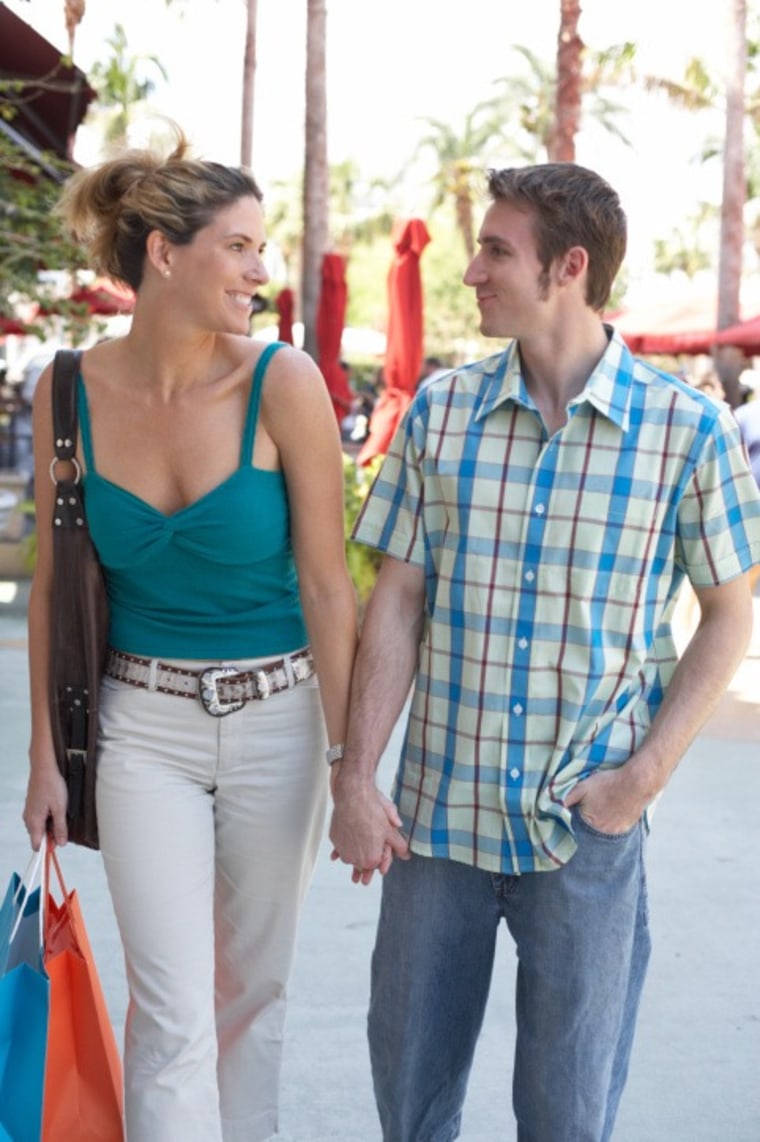Falling in love is always a little bit of a mystery. Psychoanalyst Theodore Reik believed most people fall in love for selfish reasons; we tend to choose people who appear to give us with the very qualities we think we’re lacking. Others believe relationships that help us to grow feel the most rewarding. When we find lovers who are competent in areas which are novel to us, it can feel amazing and alluring.
So what does this mean when it comes to giving and receiving love? Is it true opposites do indeed attract? The attachment science field is trying to answer some of these very perplexing questions. Attachment theory attempts to explain the way adults bond with each other when they love. There are three major types of attachment styles: secure, anxious and avoidant.
- A secure attachment style is the most common and describes people who are comfortable with intimacy.
- People with anxious attachment crave intimacy and often worry that their partners don’t want to be as close to them as they’d like.
- The avoidant attachment style equates intimacy with a loss of independence.
As romantic tendencies would have it, it’s not uncommon for different attachment styles to find each other and form a love connection. For example, emotionally giving personality types can be very attracted to emotionally reserved types, and of course the opposite is true as well. As you can imagine, these conflicting attachment styles can create a bit of tension when it comes to feeling loved in the right kind of way. So is this some kind of cruel cosmic joke? Not necessarily. The reserved partner who is attracted to the emotional woman says to himself, “Here is someone who can complete me.” And likewise, the emotional woman says, “Here’s a man who will balance out my emotionalism.”
And here’s the interesting thing: couples who learn to accept each other not only feel better about their relationship, but end up having a better time accepting themselves, too. Bottom line: our romantic relationships are designed to help us become our best selves. And what better strategy is there then pairing up with someone who can teach you how to develop some of your more dormant traits? Finding your opposite isn’t such a cruel love joke after all -- at least it doesn’t have to be.
